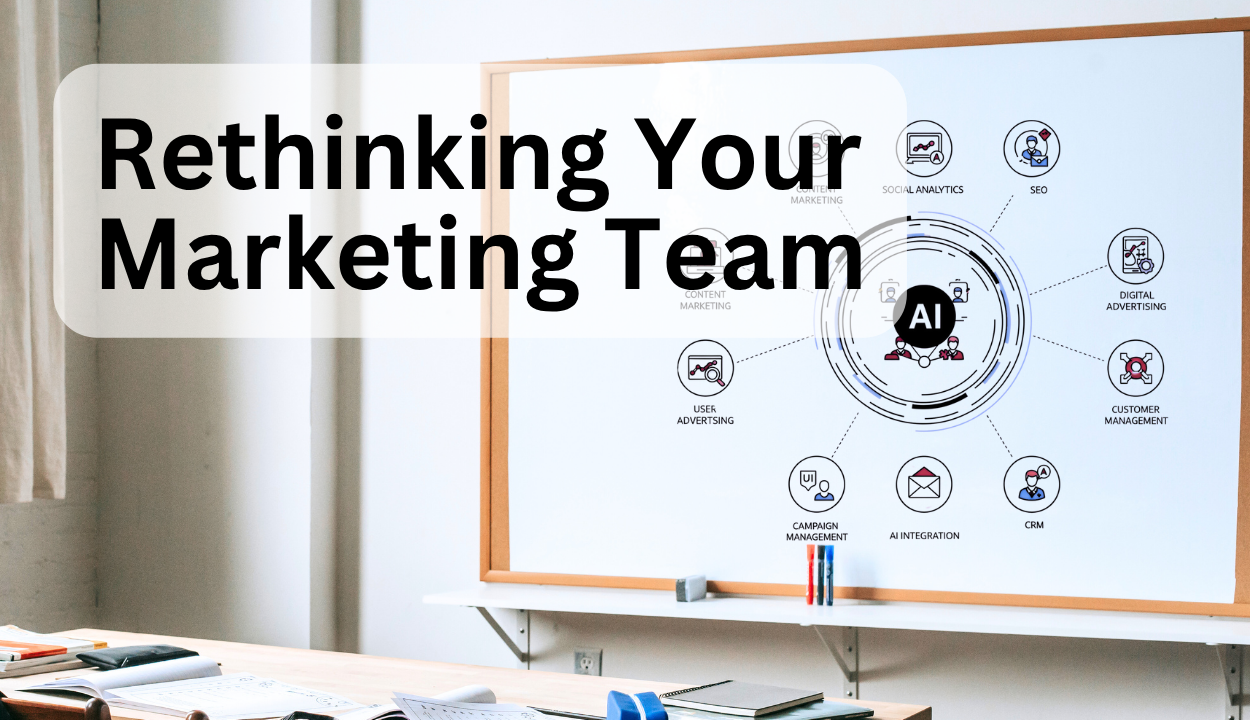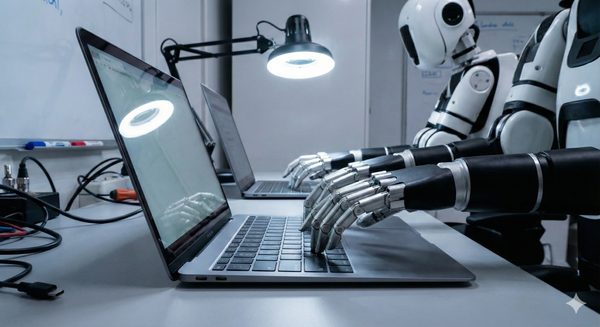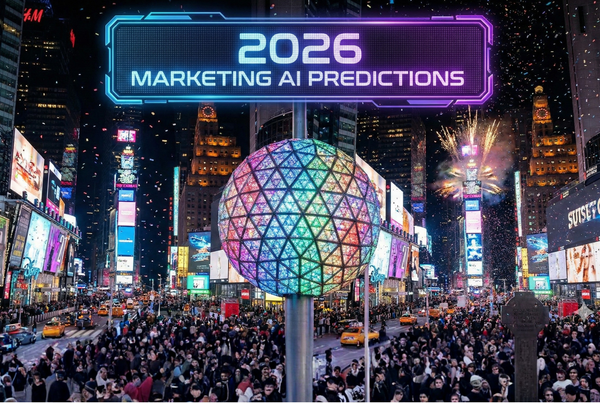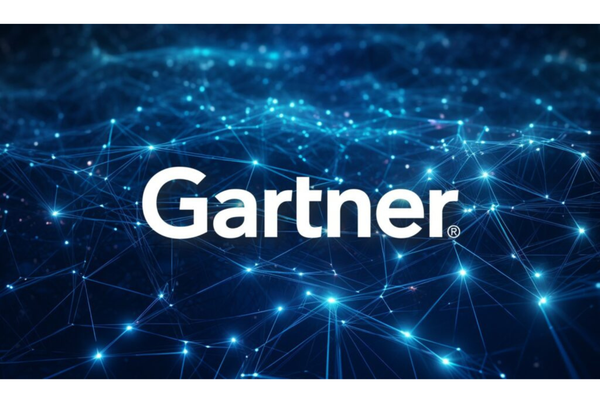Marketing Jobs in the AI Operating System
Marketing jobs are becoming about designing, training, and managing the systems that do the execution. Here are the ways your team's roles will evolve.

Marketing teams aren't just adopting new tools; they're redefining roles.
As AI becomes central to how campaigns are conceived, executed, and measured, the roles inside a modern marketing department are evolving, sometimes subtly, often dramatically. While much of the AI discourse focuses on enterprise adoption or cutting-edge startups, exciting transformations are also happening inside lean SMB teams.
Most small marketing departments still revolve around channel execution: someone manages email, another oversees social, a designer handles visuals, and a generalist keeps the strategy moving. These teams are heavily tool-dependent, but humans remain the central drivers of decisions, workflows, and outputs.
In an AI-powered marketing organization, that structure shifts from siloed execution to orchestrated systems thinking. AI becomes the connective tissue: ingesting data, generating content, optimizing performance in real time. With that shift comes a new generation of marketing roles. Marketing jobs are no longer about manual execution; they’re about designing, training, and managing the systems that do the execution.
And if you’re running a small marketing department, the idea of staffing all these new roles may sound impractical. But you don’t need a bigger team, you need a smarter structure. In a 2–3 person department, these roles don’t disappear, the skills are needed, they combine into hybrid functions.
After researching what others are writing about the evolution of the marketing department, there is a lot in common. Here’s what your marketing team looks like in a SMB when AI is your operating system:
Job Title: AI Marketing Strategist
Every team needs someone to lead the change. The AI Marketing Strategist is more than a technologist, they’re the architect of your AI vision. This person identifies where AI can drive the most impact, selects and vets tools, and builds a roadmap for implementation that aligns with business goals.
More than anything, this role is about change management. They need to help their team adapt to new workflows, manage expectations, and keep the organization focused on outcomes, not just shiny tools. They're part product manager, part trainer, and part cultural guide. In a small team, this may be the marketing leader themselves, the person setting direction while also getting their hands dirty.
Job Title: AI Workflow Orchestrator
Campaign managers used to spend their days assembling assets, scheduling emails, and toggling between dashboards. In an AI-native setup, those responsibilities evolve. The AI Workflow Orchestrator designs the intelligent workflows that launch campaigns, monitor performance, and adjust dynamically, all with minimal human intervention.
Rather than crafting every message or clicking "send," they build the machine that builds the campaigns This role requires systems thinking, someone who can see the full marketing stack as an interconnected ecosystem, not a series of isolated tools. Comfort with automation platforms, logic trees, and performance tuning is essential. In many SMBs, this role is often played by a marketing ops-savvy generalist who understands how to scale without complexity.
Job Title: Prompt Engineer & AI Content Strategist
Content creation hasn’t disappeared in the AI era, but it’s changed fundamentally. The Prompt Engineer is a creative strategist who works through AI instead of independently of it. They craft prompts that produce high-quality, brand-aligned content and then refine AI outputs to ensure emotional resonance and narrative cohesion.
Think of them as both conductor and editor: directing the AI to generate content with intention, then curating the results into a final product that feels distinctly human. This role requires deep fluency in brand voice, editorial instinct, and a comfort with AI tools like ChatGPT, Jasper, or Midjourney. They don’t just “use” the AI, they collaborate with it to produce content faster, cheaper, and often better.
Job Title: Marketing Data & Decision Architect
Data has always been part of the marketing equation. What’s different now is the speed, scale, and predictive power that AI unlocks. The modern Marketing Analyst doesn’t just report on what happened, they surface what will happen. They use machine learning and intelligent analytics platforms to forecast lead conversion, optimize spend, and identify high-value audience segments.
In an AI-powered team, this role defines the data pipelines that feed AI tools, monitors for model accuracy and drift, and ensures that decision-making is anchored in reliable insights. In a small team, this might be your most analytical marketer, someone fluent in GA4, able to interpret dashboards, and increasingly comfortable working with predictive tools.
Creativity, Judgment, and the Irreplaceable Role of Humans
With all this talk of automation, it’s worth stating clearly: the most valuable marketing skills aren’t being replaced by AI, they’re being amplified by it.
AI can generate content at scale, automate segmentation, and analyze performance in seconds. But it can’t replace human taste, intuition, or strategic insight. Without oversight, AI outputs risk becoming bland, repetitive, or even misaligned with your brand values.
The marketing mindset shifts from creators of content to curators of meaning. The roles that will thrive are those that combine technical fluency with emotional intelligence, people who understand the tools and the audience, who can see the pattern in the noise, and who know when to follow the AI’s lead and when to take the wheel.





